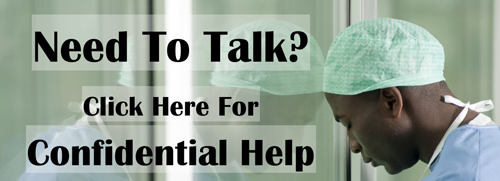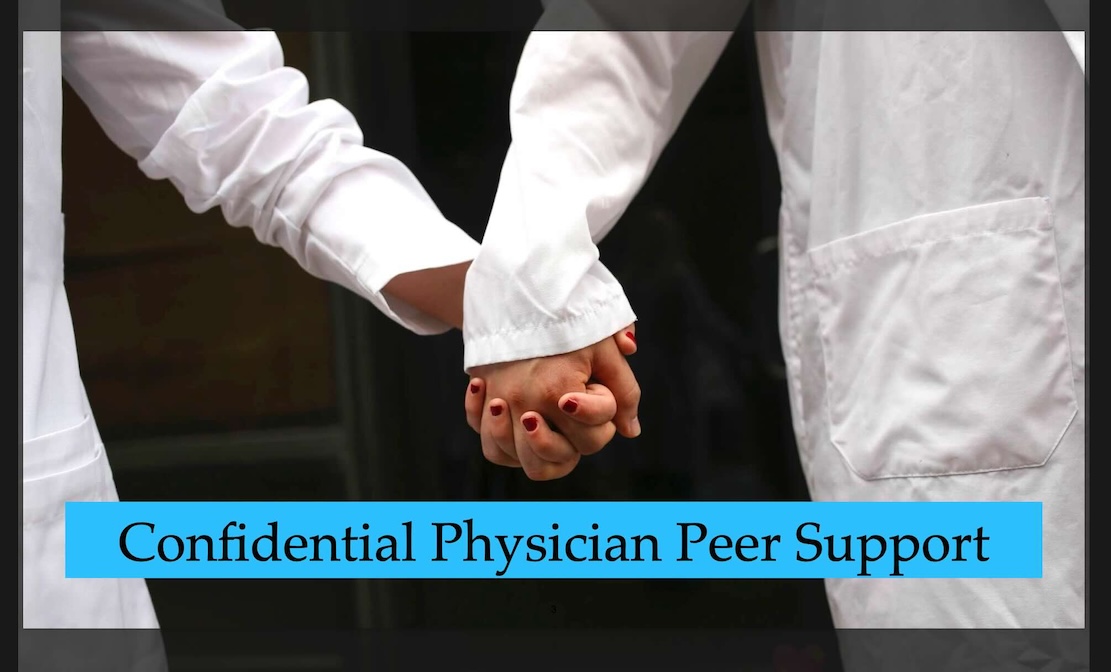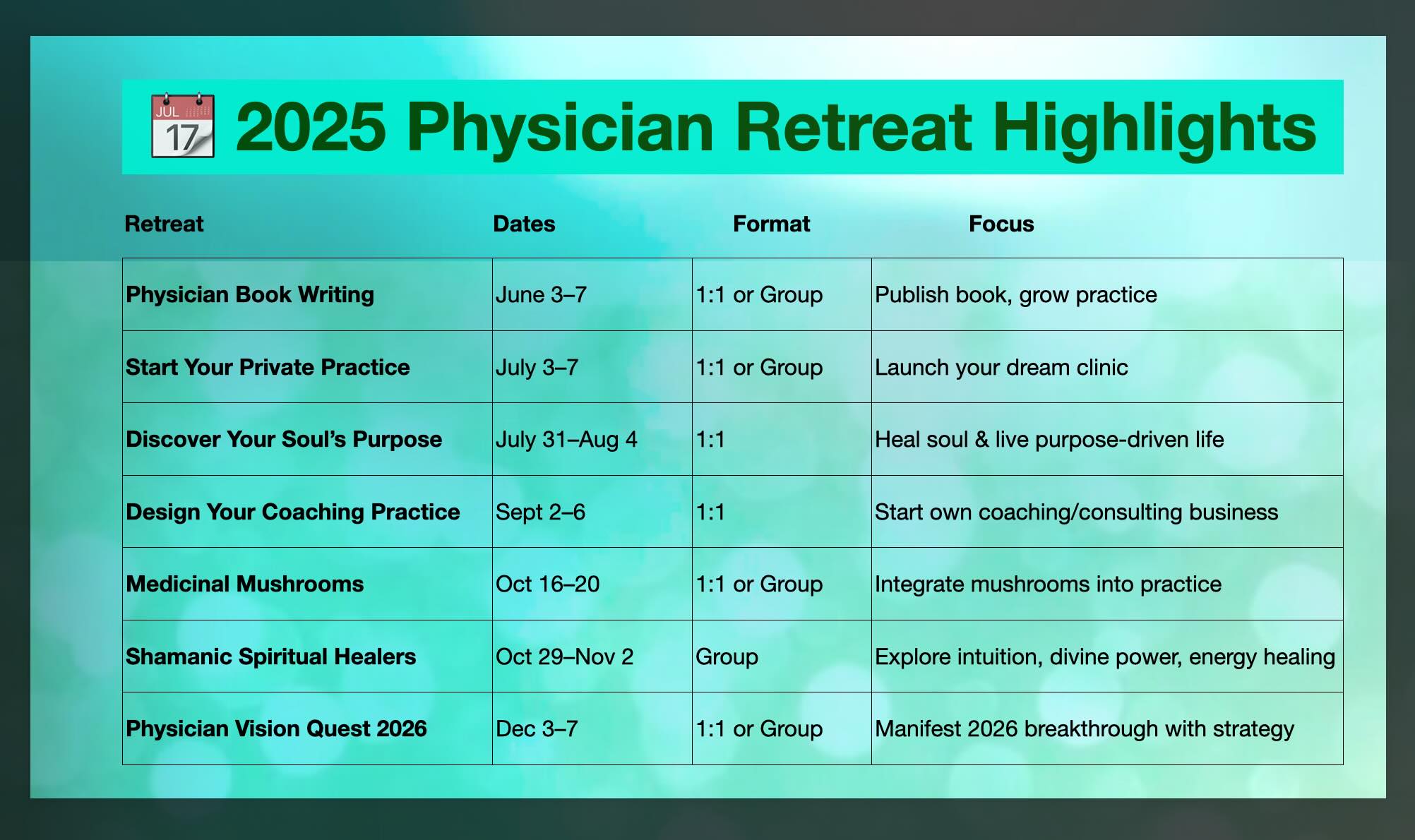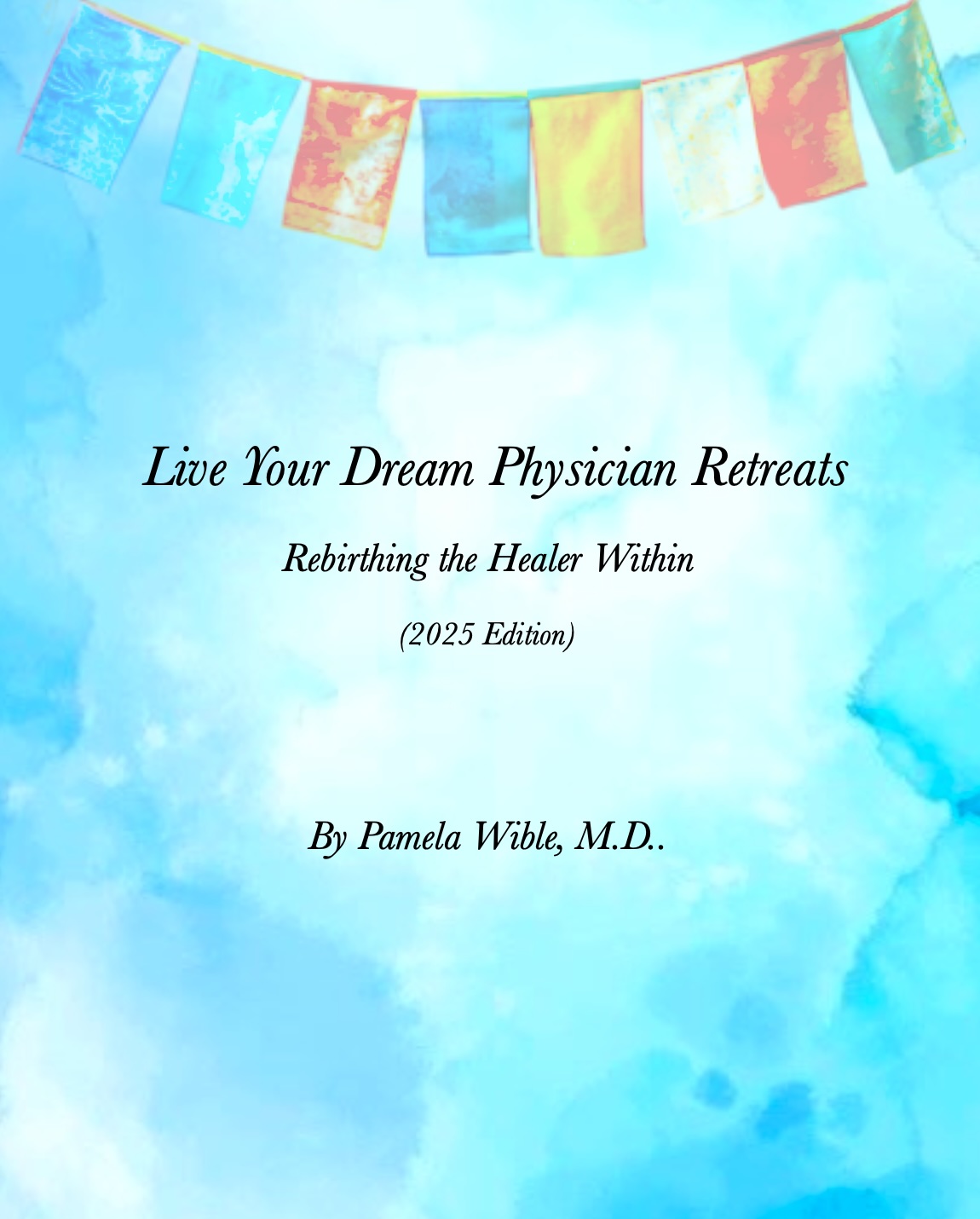Note: Thomas Fishler, MD, is correct spelling of his name.
Kick-off keynote delivered on February 7, 2020 at AO North America, an international organization serving veterinarians, craniomaxillofacial, hand, spine, and trauma surgeons. Updated June 15, 2025.
Why Doctors Feel Broken—And How We Begin to Heal
Can we as physicians—perfectionist people-pleasers with high exposure to human suffering—ever truly be well?
Let’s be honest: despite all the wellness apps, lectures, and wellness committees, physician wellness still feels out of reach. In this keynote (with full transcript and slides), I explore why so many doctors feel like they’re supposed to be well—but secretly feel terrible. You’re not broken. The system is.
Creating a Culture of Wellness in Medicine
Physician burnout, depression, and even suicide have become public health crises—and doctors are often the last to ask for help. In Creating a Culture of Wellness, I share frontline stories, insights from doctors who’ve faced suicidal thoughts, medical students overwhelmed by stress, and physicians navigating their way back from the edge. Whether you’re struggling with imposter syndrome, looking for a physician support group, or exploring non-clinical careers for physicians, this keynote offers hope—and real, actionable solutions. For those considering quitting residency, launching a private practice, or attending a physician retreat, you’ll find inspiration here. From coaching for doctors to rebuilding community through peer-led wellness initiatives, let’s reimagine what true physician mental health can look like.
🙋 Quick Q&A
1. Why are doctors so burned out today? Long hours, litigation stress, and isolation have left many physicians battling depression, anxiety, and even suicidal thoughts. In fact, doctor burnout is now one of the leading drivers of physician suicide and early retirement.
2. What about medical students—how do they cope with the stress? Many students suffer in silence with medical student depression, anxiety, or even suicidal thoughts. My keynote includes guidance for those struggling and outlines how to survive medical school without losing your soul.
3. Where can doctors find confidential help? I share national resources like physician suicide helplines and anonymous physician support groups, along with personal strategies to reduce stigma and create a safe culture of healing within your practice. For more free resources, view: Physician Wellness: An Oxymoron?
Introduction: It gives me great honor and privilege to introduce our first keynote speaker for the day, Dr. Pamela Wible. Dr. Wible is a family physician born into a family of physicians. Her parents warned her not to pursue medicine, but she followed her heart only to discover to heal her patients, she had to first heal her profession. So she held town hall meetings and invited her community to design their own ideal clinic. Open since 2005, Dr. Wible’s community clinic has sparked a movement in which patients and physicians are designing ideal clinics nationwide. Read more ›

















